Gnosall St Lawrence CE Primary Academy – Stafford
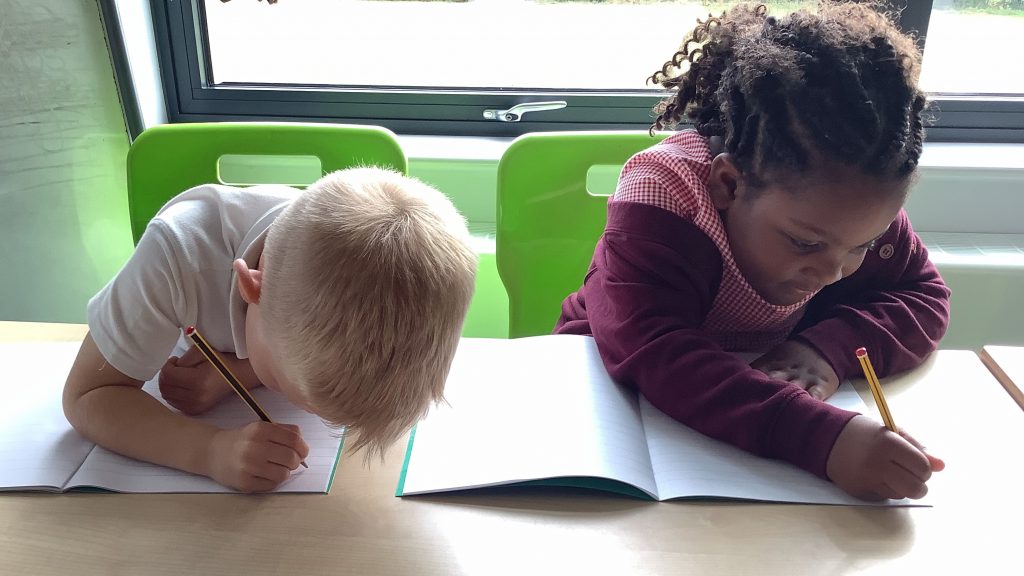
“Ofsted noted that the teaching of early reading is a strength of the school, and that standards in the Year 1 phonics screening check (PSC) are above those of children nationally.”
St Peter at Gowts CE Primary – Lincoln

“Children who start with no English are reading and applying phonic knowledge by the end of the year, therefore achieving the phonics screening check (PSC).”
Appleton Primary School, Hull
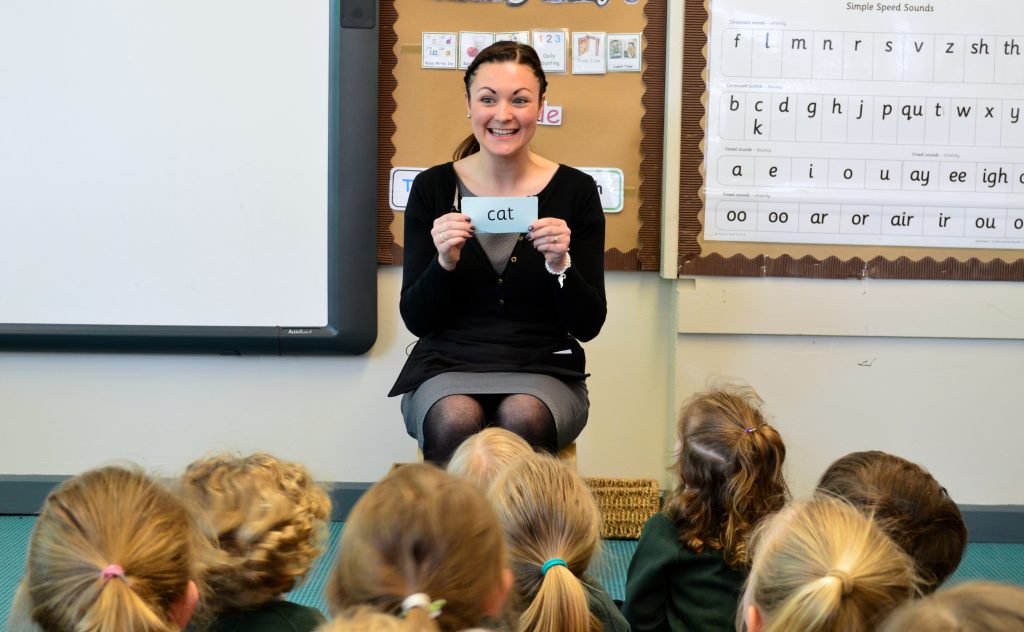
“Our 2021 Ofsted noted the success of our phonics programme and its contribution to our strong reading culture.”
Dixons Marchbank Primary, Bradford
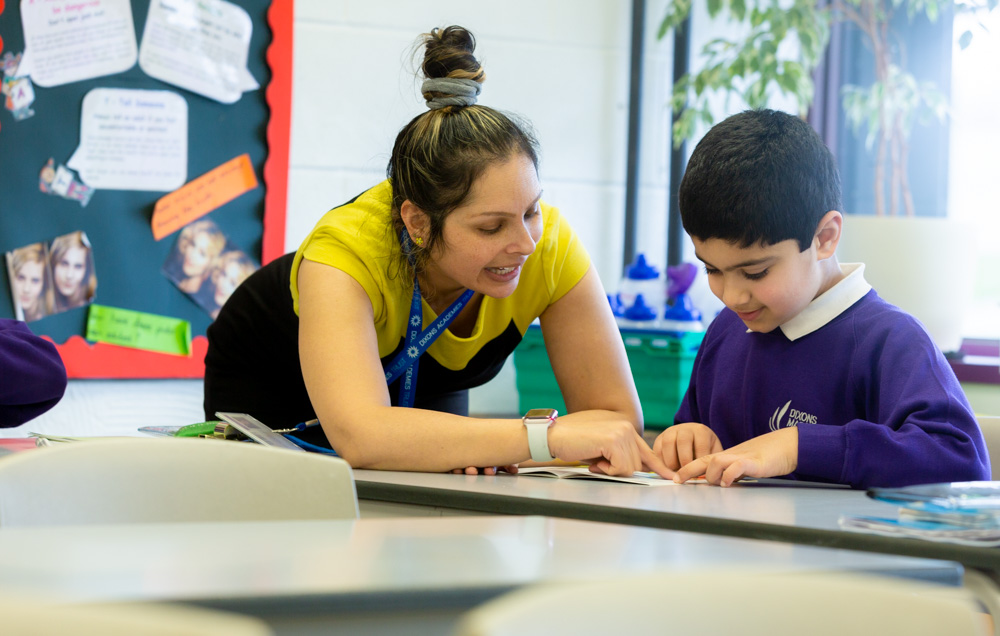
“RWI ensures children decode quickly and effortlessly and move swiftly onto reading with fluency and comprehension.”
Grange Lane Infant Academy, Doncaster
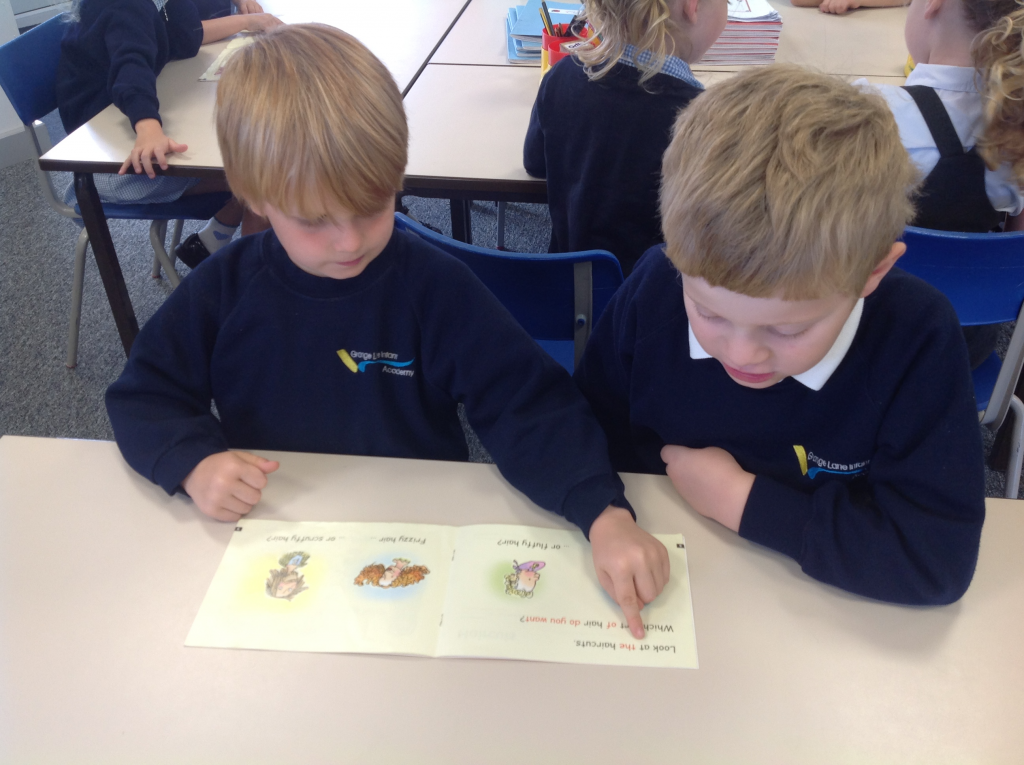
“Our children make progress in reading regardless of their background, language or SEND status.”
Westgate Hill Primary Academy, Newcastle Upon Tyne
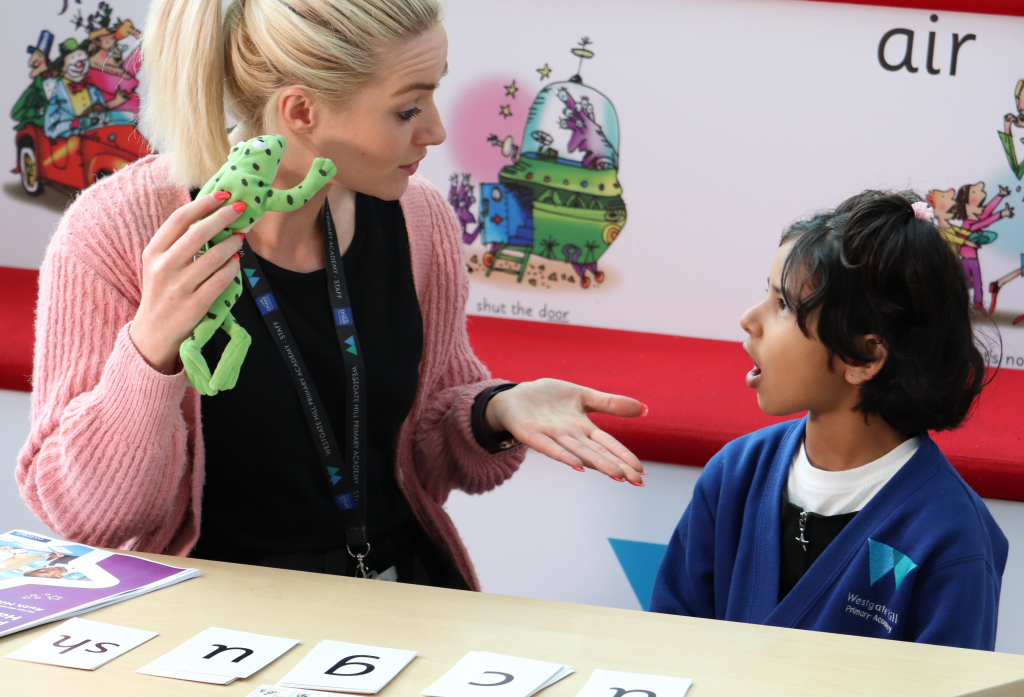
“Our consultant trainer provides the support and guidance we need to deliver high-quality teaching in phonics and reading”.
Waunceirch Primary School, Neath, Wales
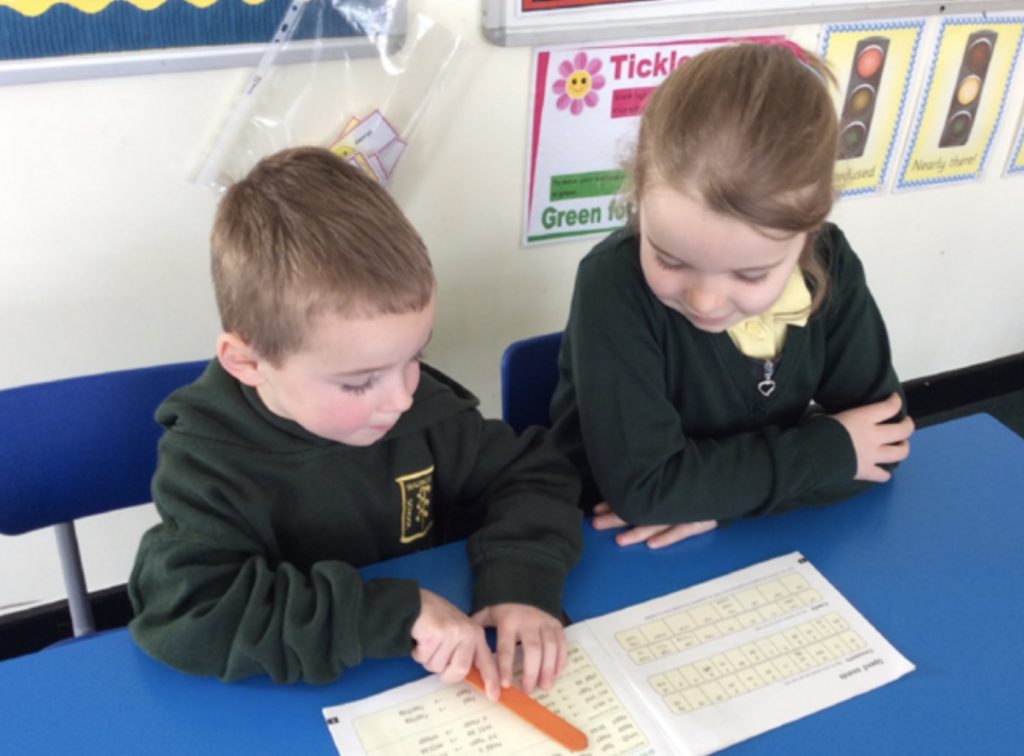
“The expectations of the programme are high, and rightly so.”
Read Write Inc. Model School leading the way in Cornwall

We know that if the children are confident and accurate readers, it enables them to enjoy books early and that’s what it’s all about… This works for us and our children are fluent readers by the age of 6, if not before.
The expectations of the programme are high, and rightly so
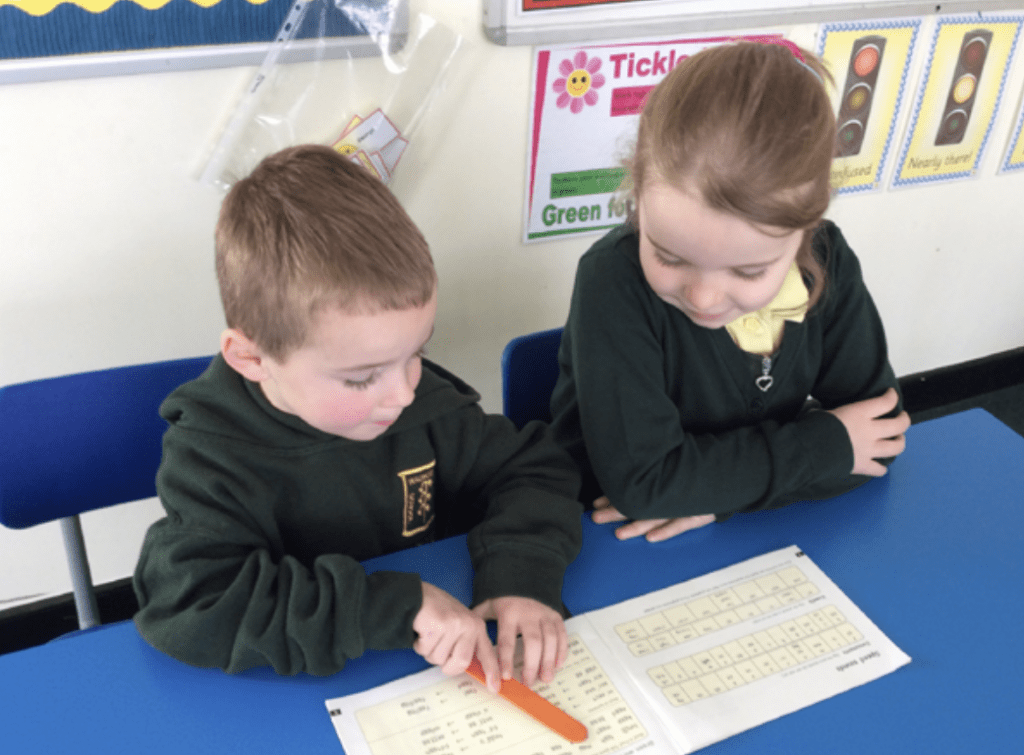
“When I started at Waunceirch Primary School, phonics teaching involved bits and bobs from various different programmes and as a consequence, children weren’t learning to read. Across Years 2 – 6, 54% read at expected levels and 70% of children were scoring 84% or above in national tests – most were only on the boundary and weren’t secure. Our teaching was not giving the children the best foundations so it needed to change.”
All children progress – none get left behind
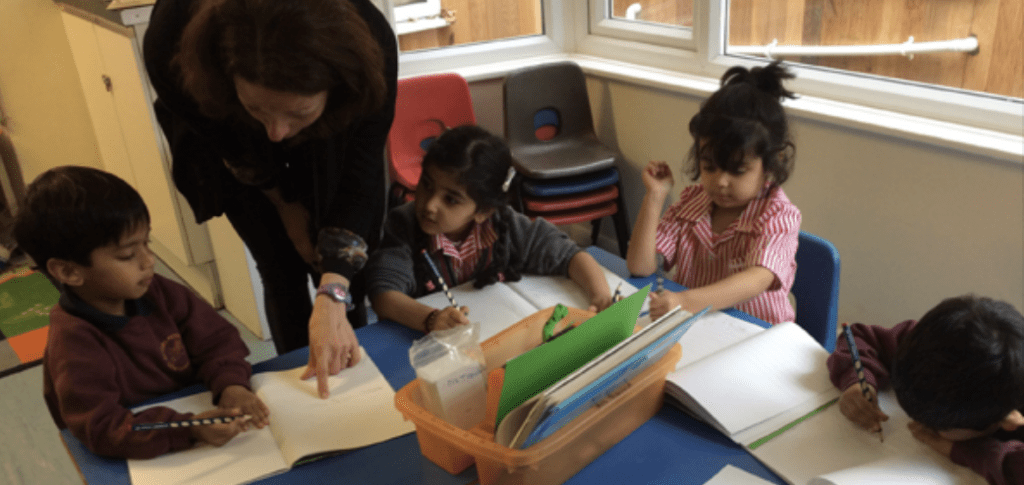
“The training was brilliant; if you follow the simple steps, your children learn to read. It’s great to have a comprehensive programme to follow that guides staff and delivers excellent results.”
